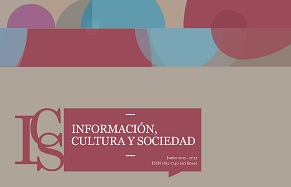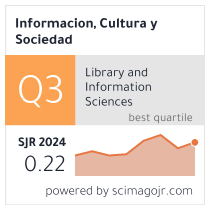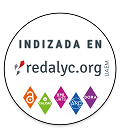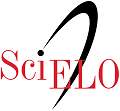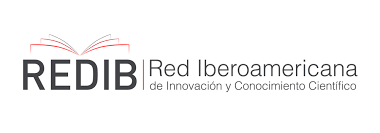Freedom, information and the urgency of the development of information skills
Abstract
Based on experiences gathered in user training activities, some relationships between the concept of information linked to communication in society and the action of people on themselves are analized along with the development of informational skills adapted to the possibilities and the challenges of the current world, as a requirement for greater freedom.Downloads
References
Fiori, Ernani María. 2005. Aprender a decir su palabra: el método de alfabetización del profesor Paulo Freire [prólogo]. En Freire, Paulo. Pedagogía del oprimido. 2ª. Ed. México: Siglo XXI. p. 11- 27.
Goethe, Johann Wolfgang von. 1809. Die Wahlverwandtschaften: ein Roman.Theil 2. Tübingen: Cotta. <http://digital.bibliothek.uni-halle.de/download/pdf/1125198?name= Theil%202> [Consulta: 10 noviembre 2019].
Kruger, Justin y David Dunning. 1999. Unskilled and unaware of it: how difficulties in recognizing one’s own incompetence lead to inflated self-assessments. En Journal of personality and social psychology. Vol. 77, no.6, p. 1121–1134.
López Yepes, José. 2015. La información en el origen y desarrollo de la Documentación. En JLIS. it, Italian Journal of Library, Archives & Information Science. Vol. 6, no 2, p.126-141.
Nechushtai, Efrat y Seth C. Lewis. 2019. What kind of news gatekeepers do we want machines to be? Filter bubbles, fragmentation, and the normative dimensions of algorithmic recommendations. En Computers in Human Behavior. Vol. 90, p. 298-307.
Parisier, Eli. 2011. The filter bubble: what the Internet is hiding from you. New York: Penguin.
Real Academia Española. 2019. Diccionario de la Lengua Española. <https://dle.rae.es> [Consulta: 10 noviembre 2019].
Taylor, Robert S. 1968. Question-negotiation and information seeking in libraries. En College & research libraries. Vol. 29, no. 3, p. 178-194
Vygotski, Lev S. 2000. El desarrollo de los procesos psicológicos superiores. Barcelona: Crítica.
Authors publishing in this journal acknowledge the conditions below:
- Authors retain the copyright of their work while they transfer the right of the first publishing to the journal, under the Creative Commons Attribution-ShareAlike 4.0 International (CC BY-SA 4.0) Licence, which allows third parties to reproduce them under the condition that express mention is given to the author and to its original publication in the journal.
- Authors may enter into other contractual and independent arrangements for the non-exclusive distribution of the version of the article published in this journal (for instance, it can be published in an institutional repository or in a book). In any case, an express mention should be given to its first publication in the journal.
- It is permitted and encouraged to publish online the articles (for example, on institutional or personal pages).
